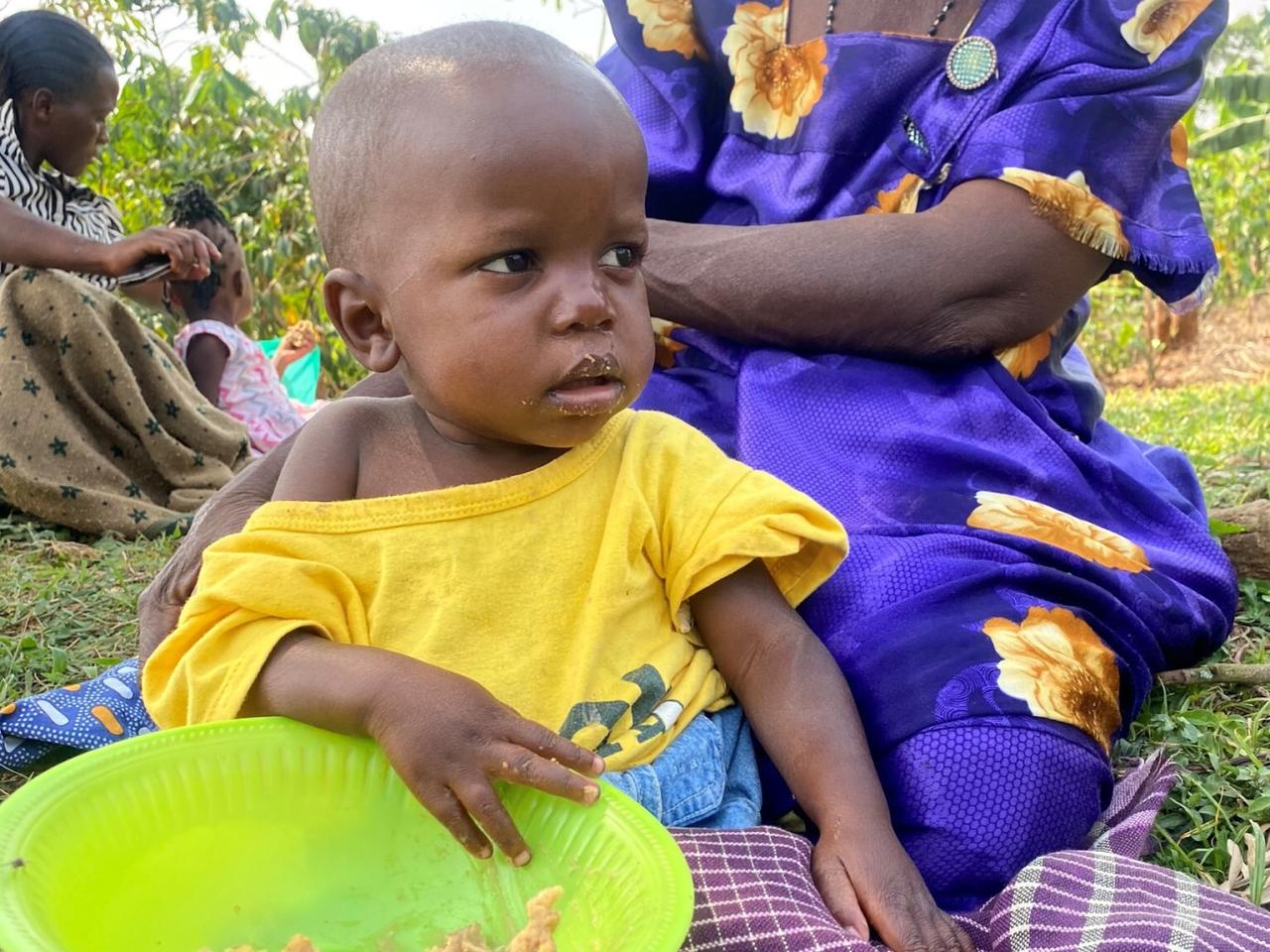
According to the 2023 Joint Child Malnutrition Estimates, 31.3 million children have moderate wasting. Despite this significant need, much of the global attention to wasting was focused on its severe form because of the higher associated mortality risk. However, the number of children with moderate wasting is significantly higher and managing it effectively is an important way to prevent moderate wasting from turning into severe wasting and corresponding mortality.
Until recently, there was very little global guidance on the treatment of moderate wasting. A small percentage of children with moderate wasting are reached through targeted supplementary feeding programs using commercially prepared specialized fortified foods, largely in humanitarian settings. In the absence of global guidance, practitioners have developed many innovative approaches to address moderate wasting using locally available foods. However, minimum standards for these approaches were not always in place and better global guidance on how these approaches should be designed and implemented could improve strengthen programming.
To address this gap, USAID Advancing Nutrition conducted a series of case studies in Nigeria, Senegal, and Uganda to document a range of approaches that use local foods for the management of moderate wasting. In addition to the case studies, we conducted a cost-efficiency analysis of the two approaches we documented in Nigeria - Tom Brown and Porridge Mum - and also completed an initial assessment in five states in Nigeria to help inform future scale-up of these approaches in the country. The findings from this body of work are particularly relevant to practitioners in light of the 2023 WHO Guideline on the Prevention and Management of Wasting and Nutritional Oedema (Acute Malnutrition) in Infants and Children Under 5 Years, which includes guidance on managing moderate wasting for the first time, and emphasizes the use of local and family foods for nutritional support.